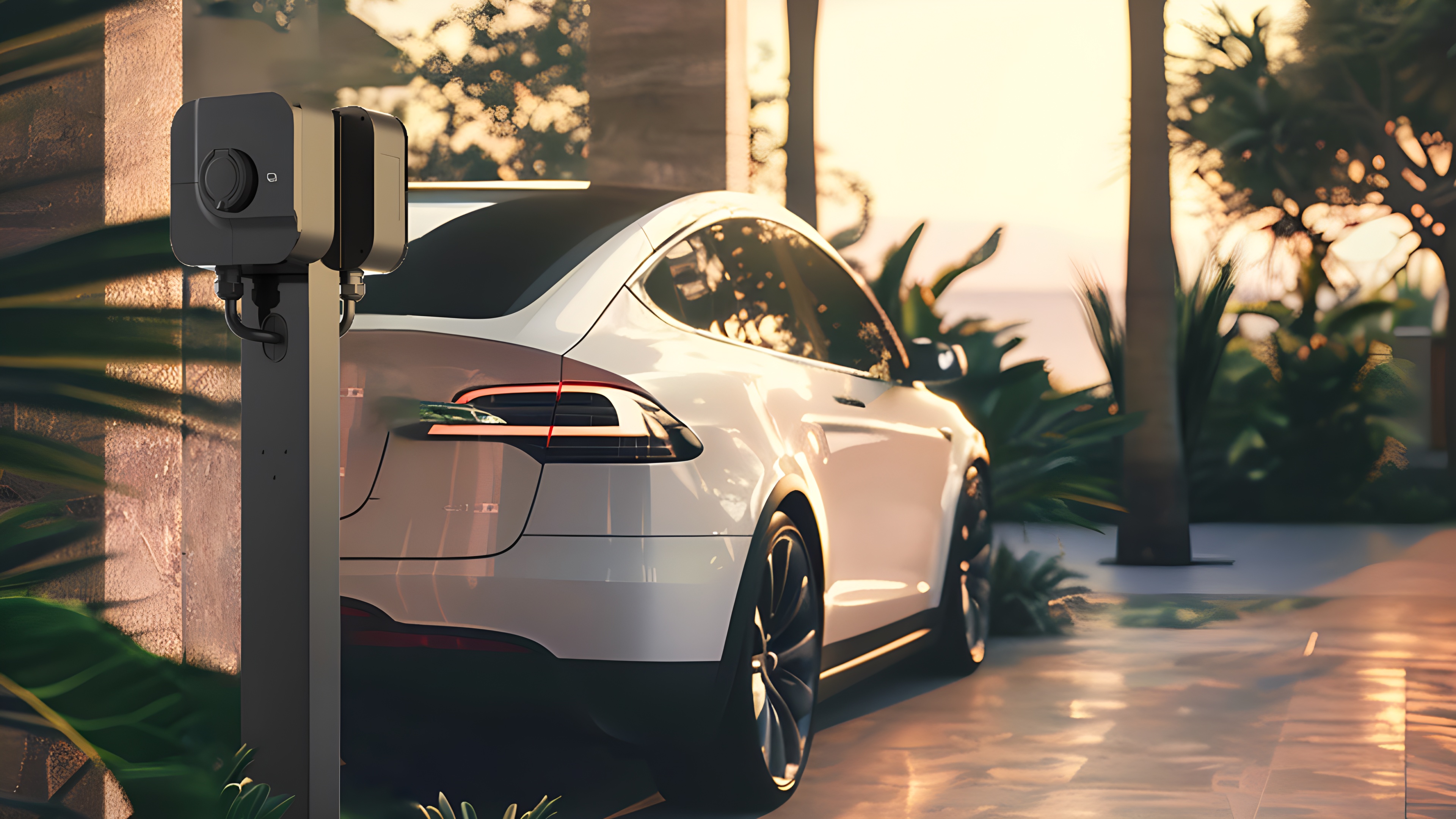15 Jan,2024
Electric Vehicle Car Charger: The Future of Eco-Friendly Mobility
author:
Kendra Zhang
The rise of electric vehicles (EVs) has opened a new chapter in sustainable transportation. One of the essential components of EVs is the car charger, which plays a crucial role in the vehicle's charging process. In this article, we will explore the different types of electric vehicle car chargers, their features, and the impact they have on our environment.
Types of Electric Vehicle Car Chargers
There are two main types of electric vehicle car chargers: slow chargers and fast chargers.
- Slow Chargers (Level 1 and Level 2): These chargers are commonly used to charge EVs overnight or during periods when the vehicle is not in use. They draw power from a standard wall outlet and provide charging rates of up to 25 miles of range per hour. Level 1 chargers are designed for residential use, while Level 2 chargers are typically installed in commercial settings, such as offices and apartment buildings.
- Fast Chargers (Level 3): Fast chargers, also known as Level 3 chargers, provide much faster charging rates compared to slow chargers. They can be used for both residential and commercial applications and are typically installed at public charging stations. Level 3 chargers can provide charging rates of up to 90 miles of range per hour, making them a popular choice for EV owners who need to charge their vehicles quickly.
Features of Electric Vehicle Car Chargers
Electric vehicle car chargers come with a range of features that make them convenient and safe to use. Some of the common features include:
- Protection Against Overcurrent: Electric vehicle car chargers are equipped with protection mechanisms that prevent overcurrent from damaging the vehicle's battery or other components.
- Voltage Regulation: Chargers regulate the voltage during the charging process, ensuring that the battery is charged safely and efficiently.
- Networking Capabilities: Many modern electric vehicle car chargers are equipped with networking capabilities that allow them to connect to the internet and provide real-time charging data to EV owners.
- LED Lighting: Some chargers come with LED lighting that provides visual feedback on the charging status, making it easy for EV owners to monitor the charging process.
Impact on the Environment
The rise of electric vehicles and their associated chargers has a significant impact on our environment. By reducing reliance on fossil fuels, electric vehicles help reduce greenhouse gas emissions and other pollutants that contribute to climate change. Additionally, the use of renewable energy sources, such as solar panels or wind turbines, to power electric vehicle chargers further reduces the environmental impact of EVs.
In conclusion, electric vehicle car chargers are essential components of sustainable transportation. With their ability to provide convenient and safe charging options for EV owners, they play a crucial role in promoting eco-friendly mobility. As the demand for electric vehicles continues to grow, it is important to recognize the impact they have on our environment and continue to develop innovative charging solutions that support sustainable transportation practices.
Products



